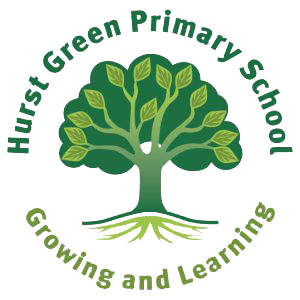R.E.
R.E.
Purpose of study
Religious education has a very important role in the education of every young person. Religion and belief has been and continues to be highly visible in public life locally, nationally and internationally. Without some knowledge of religion any understanding of the contemporary world would be less than adequate. Religion has concerned itself with moral and social questions. It has also sought to address fundamental questions to do with what sustains human existence and what gives it value and purpose. Education needs to play its part in helping young people to consider such questions and by doing so help young people engage in their own personal search for meaning. Religious education plays a principle role in this.
Religious education encourages pupils to learn about religion and so gain knowledge and understanding of the principal religious traditions and of other belief traditions. It enhances pupils’ awareness and understanding of religious beliefs, teaching, practices and of the various forms of religious expression. It also encourages pupils to gain knowledge and understanding of the influence religion has on individuals, families, communities and cultures.
Dudley Agreed Syllabus for Religious Education, pg 4.
Essential Learning Objectives
Religious Education (R.E.) in this country is distinctive in being locally agreed within each Local Authority. RE rightly strives to be relevant to the lives of young people of all faiths and the agreed syllabus draws on the experience of the local faith communities within the Borough of Dudley.
At Hurst Green Primary School we have used the themes outlined by the Dudley Agreed Syllabus for Religious Education and aim to develop six essential learning objectives through progressive teaching:
- To develop a deep and secure understanding of different principal religions and religious traditions.
- To develop an understanding of the nature of religion, its beliefs, teachings, sources, practices and ways of life.
- To understand why religious rituals and ceremonies often have a high status and importance within particular faiths.
- To develop an understanding of how religion affects their lives and that of others.
- To express their own views and raise questions in response to the religious material they learn about.
- To support their own views using clear reasons or explanations.
Useful Documents



